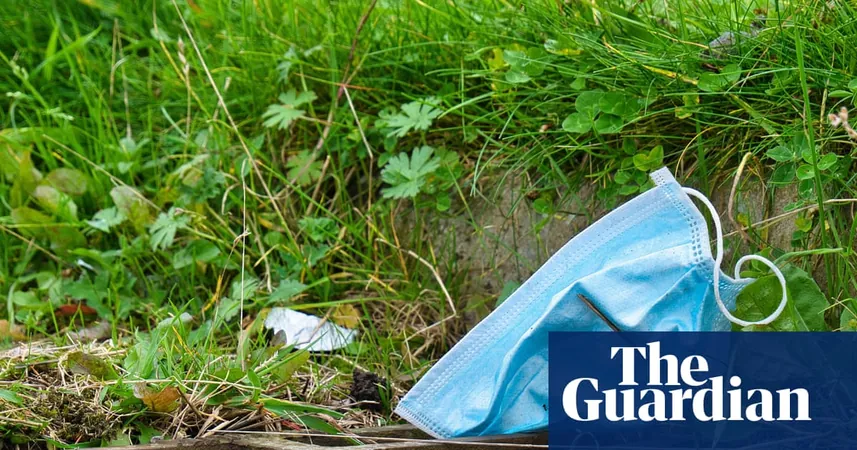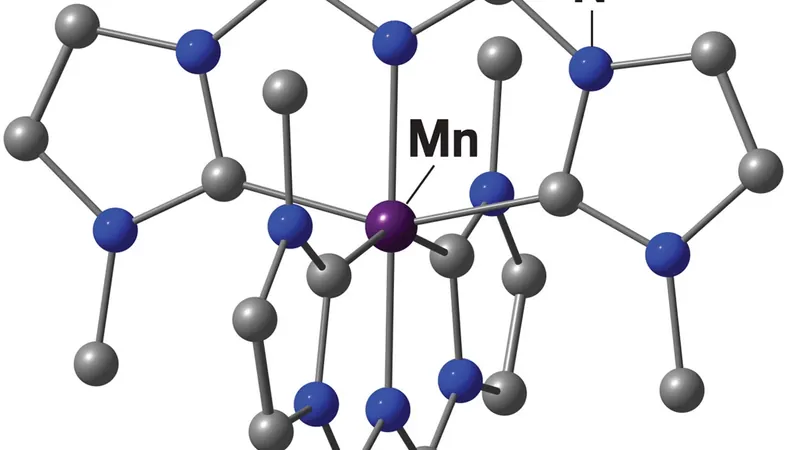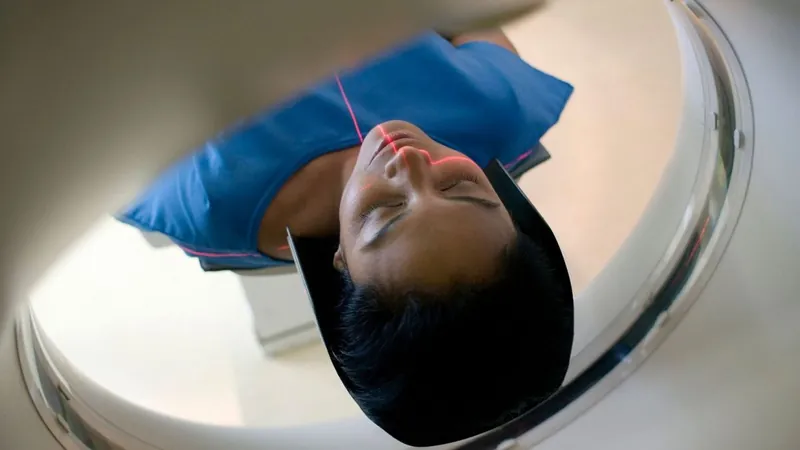
Pandemic Masks: The Hidden Environmental Timebomb You Didn't Know About!
2025-09-08
Author: Li
The COVID pandemic transformed daily life, bringing many unexpected side effects—none more alarming than the environmental crisis created by disposable face masks. New research has uncovered a dark secret: the very masks we relied upon are breaking down into a toxic legacy.
During the pandemic’s peak, an astounding 129 billion disposable masks made from plastics like polypropylene were used globally each month. As these masks degrade, they release dangerous microplastics and chemical additives known to disrupt hormonal systems. This transformation turns a protective tool into a looming health hazard for our planet’s ecosystems, wildlife, and future generations.
‘This study highlights the urgent need to rethink how we produce, use, and dispose of face masks,’ warns Anna Bogush of Coventry University, the study's lead author. As masks pollute our streets, parks, beaches, and waterways, it raises grim questions about the safety of our environments.
In their groundbreaking study, Bogush and fellow researcher Ivan Kourtchev investigated how many microplastics leach from masks simply by being submerged in water. After testing various types of masks over a mere 24 hours in purified water, they discovered all of them released microplastics. Alarmingly, FFP2 and FFP3 masks—hailed as the 'gold standard' for virus protection—leaked four to six times more microplastics than their counterparts.
The particle sizes varied, but the predominant microplastics found were below 100 micrometers, raising concerns about their potential impact on health when released into the environment.
Even more shocking, the chemical analysis revealed that medical masks also leach bisphenol B, a dangerous endocrine disruptor that mimics estrogen in the bodies of humans and animals. The team estimates that the total number of disposable masks produced during the pandemic contributed to a staggering 128 to 214 kilograms of bisphenol B contaminating our surroundings.
Bogush emphasizes, ‘We cannot overlook the environmental impact of single-use masks. The microplastics and chemicals they release pose risks to both human health and ecosystems. As we move forward, it’s essential to raise awareness, promote sustainable alternatives, and make smarter choices for our health and the planet.’
As the pandemic fades, our responsibility to tackle this plastic pollution crisis becomes even more pressing. Are you ready to take action for a cleaner, healthier future?



 Brasil (PT)
Brasil (PT)
 Canada (EN)
Canada (EN)
 Chile (ES)
Chile (ES)
 Česko (CS)
Česko (CS)
 대한민국 (KO)
대한민국 (KO)
 España (ES)
España (ES)
 France (FR)
France (FR)
 Hong Kong (EN)
Hong Kong (EN)
 Italia (IT)
Italia (IT)
 日本 (JA)
日本 (JA)
 Magyarország (HU)
Magyarország (HU)
 Norge (NO)
Norge (NO)
 Polska (PL)
Polska (PL)
 Schweiz (DE)
Schweiz (DE)
 Singapore (EN)
Singapore (EN)
 Sverige (SV)
Sverige (SV)
 Suomi (FI)
Suomi (FI)
 Türkiye (TR)
Türkiye (TR)
 الإمارات العربية المتحدة (AR)
الإمارات العربية المتحدة (AR)